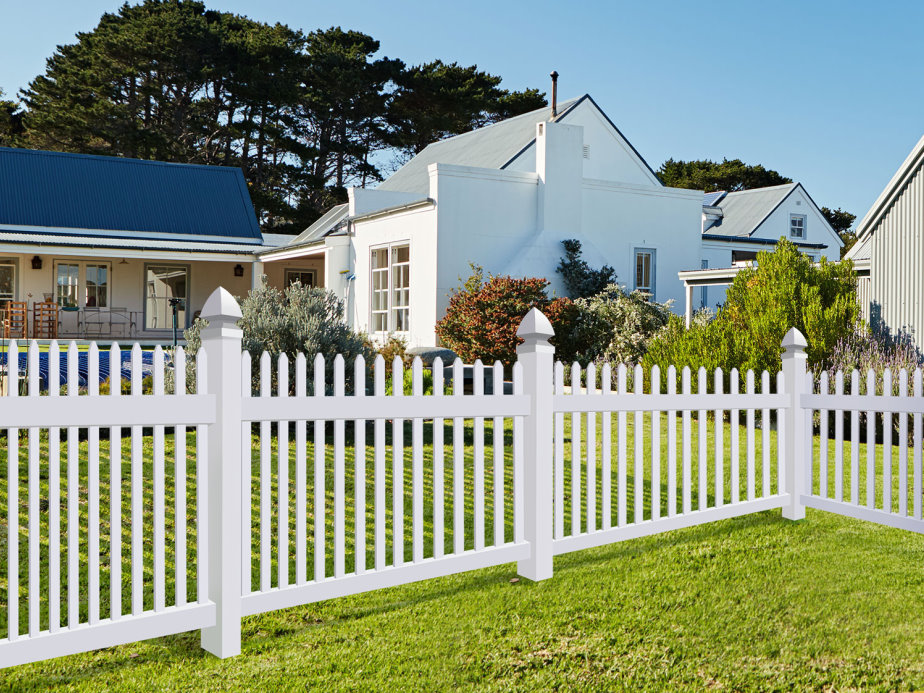Supporting the 15/16 Year Change and Beyond
[ad_1]
Our oldest two kids are 17 and virtually 21 (in a couple shorter months). Via them, I can pay attention to the matters that they have noticed in their associations with some others outside the relatives. They have stated habit and a large degree of despair and anxiety and other mental wellness issues are common in numerous of the people their age that they meet up with.
There truly are no quick fixes as I imagine this demonstrates problems with our entire modern society as children are born and develop up, from the baseline of our foods and drinking h2o all the way to a deficiency of supportive group in increasing small children. Then, the individuality of each circumstance is superimposed on this qualifications for even additional aspects.
We really do not usually speak about increasing youngsters, other than from time to time modern society bemoans young generations in basic terms. The young people I have fulfilled are this sort of clever, delicate youthful grown ups. I do not want to bemoan this generation of young children at all! The reason of my life’s work has been geared toward aiding parents be healthful and supporting family members be nutritious. So, in supporting these young men and women in the decades of the 15/16 improve into the early 20s, what are the most effective factors we can do to aid?
Betty Staley writes in her e-book, “Between Sort and Freedom: A realistic information to the teenaged years” that, “They (youngsters) come to feel they have to impress all those about them, but they are not absolutely sure who they are. To discover out, young youngsters set on lots of distinct masks. The response to each and every mask gives the teen clues to the acceptability of one particular character variety and one more. Therefore, the youngster decides no matter if to adopt a certain way of behaving. The teen turns to the friends to determine habits.” (web page 192). This gets to be considerably less crucial just after the 15/16 calendar year aged adjust, writer Staley details out, but also that kids can turn into “stuck” in adolescence and often need a new location to start off around.
Staley writes, “For healthy psychological advancement, adolescents require a protecting circle of aid. This circle really should include their household, their university, their religious leaders, and their local community. Nonetheless, with the breakdown of the relatives, de-personalization of the colleges, weakening of spiritual ties and instability of the local community, young adults do not have a protecting circle.”
So, several issues arrive to mind for me in supporting today’s youngsters.
I assume one plan is to enable the teenager produce a sense of self-worthy of, self-esteem, respect for oneself. This is less complicated reported than carried out. Psychological maturity usually takes a lengthy time, but I imagine the a lot more we can dial issues down and entail less competitiveness and force, the additional the teenager can enable their “real self” emerge.
If your teen needs to bounce back again towards what ever they imagine their relatives stands for, to be the opposite, I usually come to feel this is essentially a continuation of earlier growth exactly where youngsters want to do what they want to do that ties again into that psychological maturity piece. We can instruct our younger adults that we can gradual down and imagine about decisions, know pros and downsides, and then nevertheless we have to reside with the outcomes. That obligation piece is usually challenging to understand, and also to really feel comfy in making mistaken conclusions and issues.
The second concept is to see how significant a protective circle you want. If your youngsters are in school, I am in favor of smaller sized school options alternatively than the substantial significant educational institutions with 900 college students in a graduating course. Are their lecturers, coaches, pals and friends’ moms and dads practical? Do they pay attention to your teenager? At this age, young adults can unquestionably consider instruction and master from people they really do not necessarily like, but it is crucial to have a circle that does have an understanding of and hear.
Inside of your family members, can you support them discover their position? Betty Staley writes on webpage 194, “They are not youngsters and they are not grown ups. Most of what they want to do when they are fourteen, fifteen, or sixteen is illegal or unadvisable, yet they are being urged to do it anyway.” (referencing media images). In its place of pushing our early teenagers in advance to the late teenaged or college or university aged routines, see if there is nearly anything you can maintain back again for previous the 15/16 transform that will make sense in just your relatives construction.
Creative pursuits can be so handy for this age if that is an solution. The arts nourish the soul, and endorse individualism in a exclusive way and as a result of the one of a kind voice of their creator.
Betty Staley writes about how adolescence can be a reduction. It usually means leaving childhood guiding, altering to bodily modifications, getting rid of childhood innocence, shedding dependence upon mothers and fathers. So, we need to be open up to assisting guide our little ones by means of stressful occasions, and seriously listening. Interaction expertise and conversation coaching are worthwhile in this way for our teens.
The matter that has been the most useful in our family members, outside of paying a lot of time together, has been a link with nature. We did this principally via horses, but also did loads of tenting , being exterior in typical, 4H and issues like that..
What factors arrive to your brain in supporting early teenagers, teens in that 15/16 alter, and in our older teenagers and younger older people? Would love to listen to from you.
Blessings and peace,
Carrie
[ad_2]
Supply link




